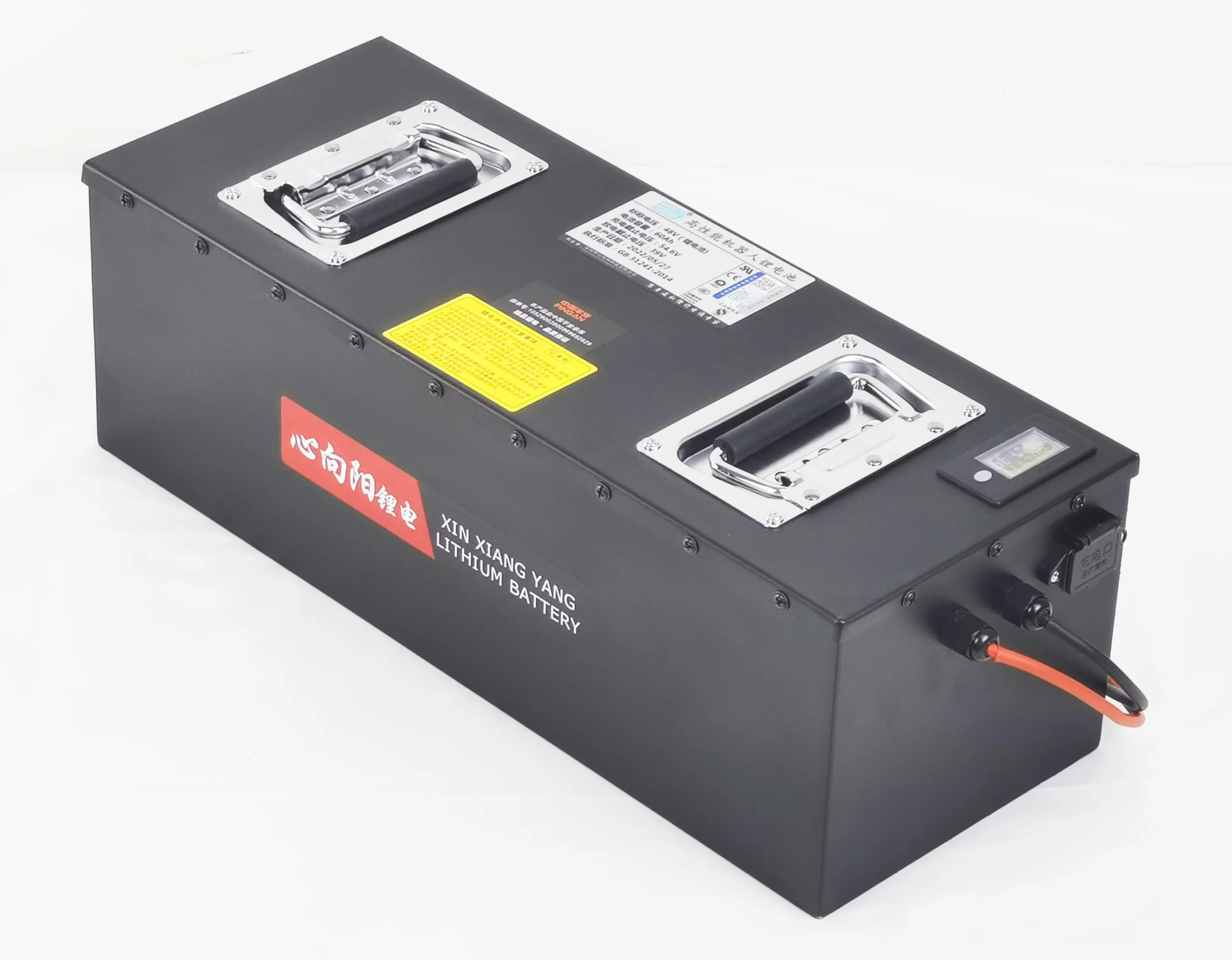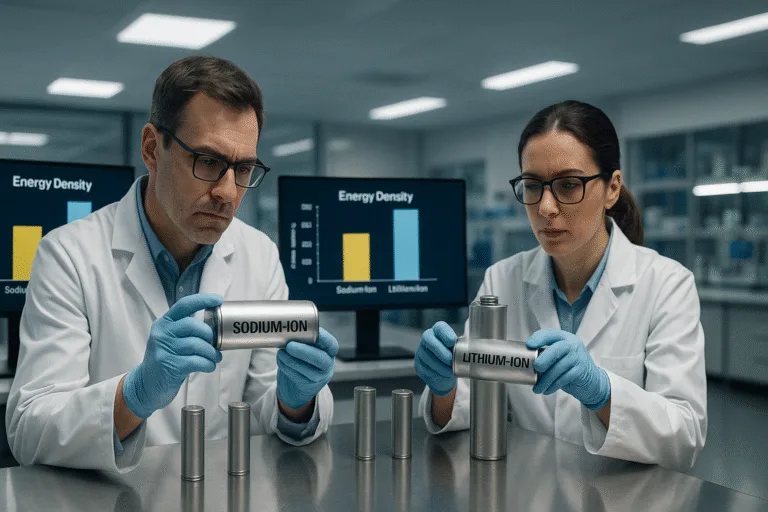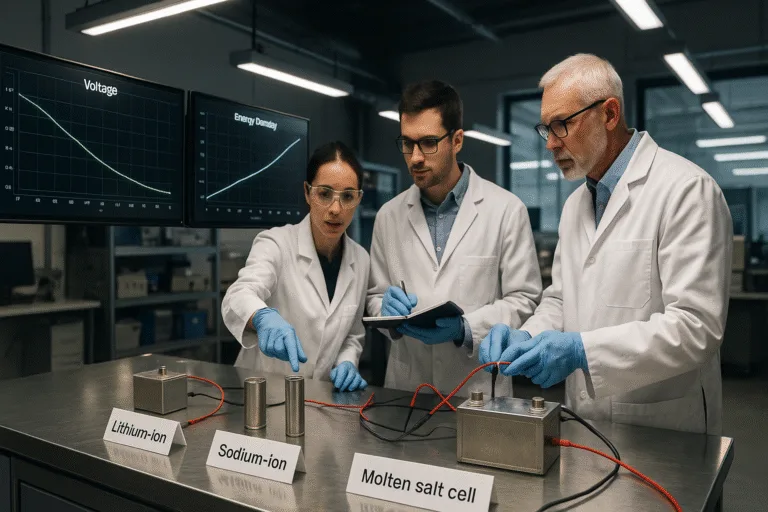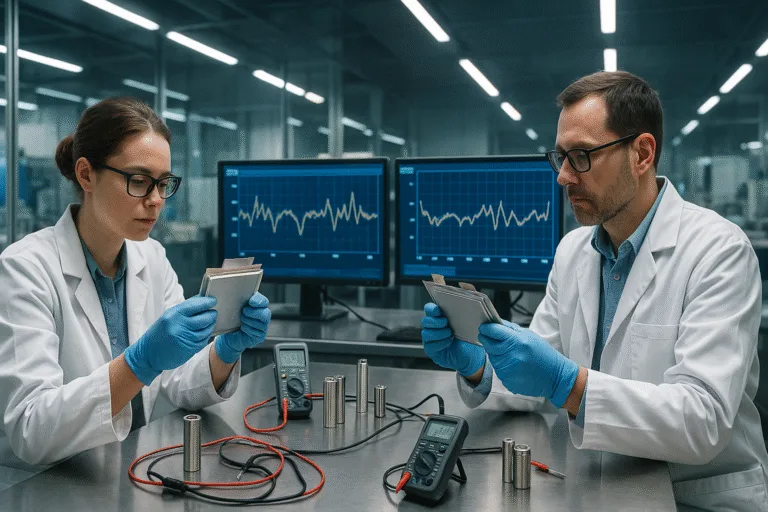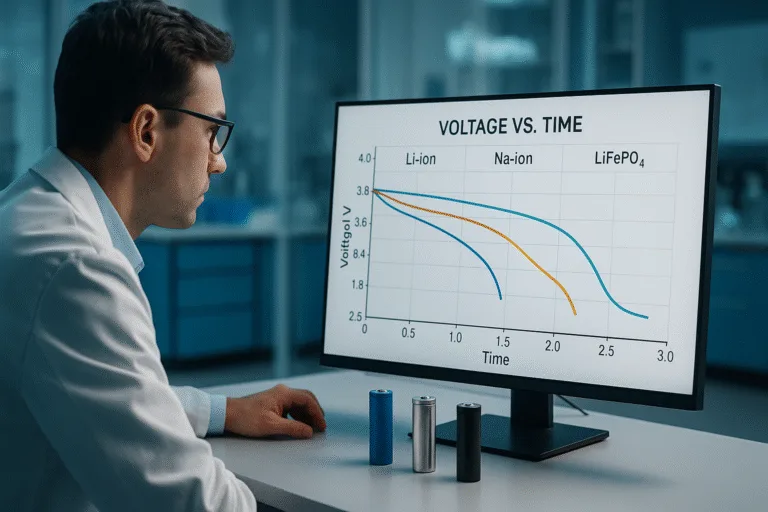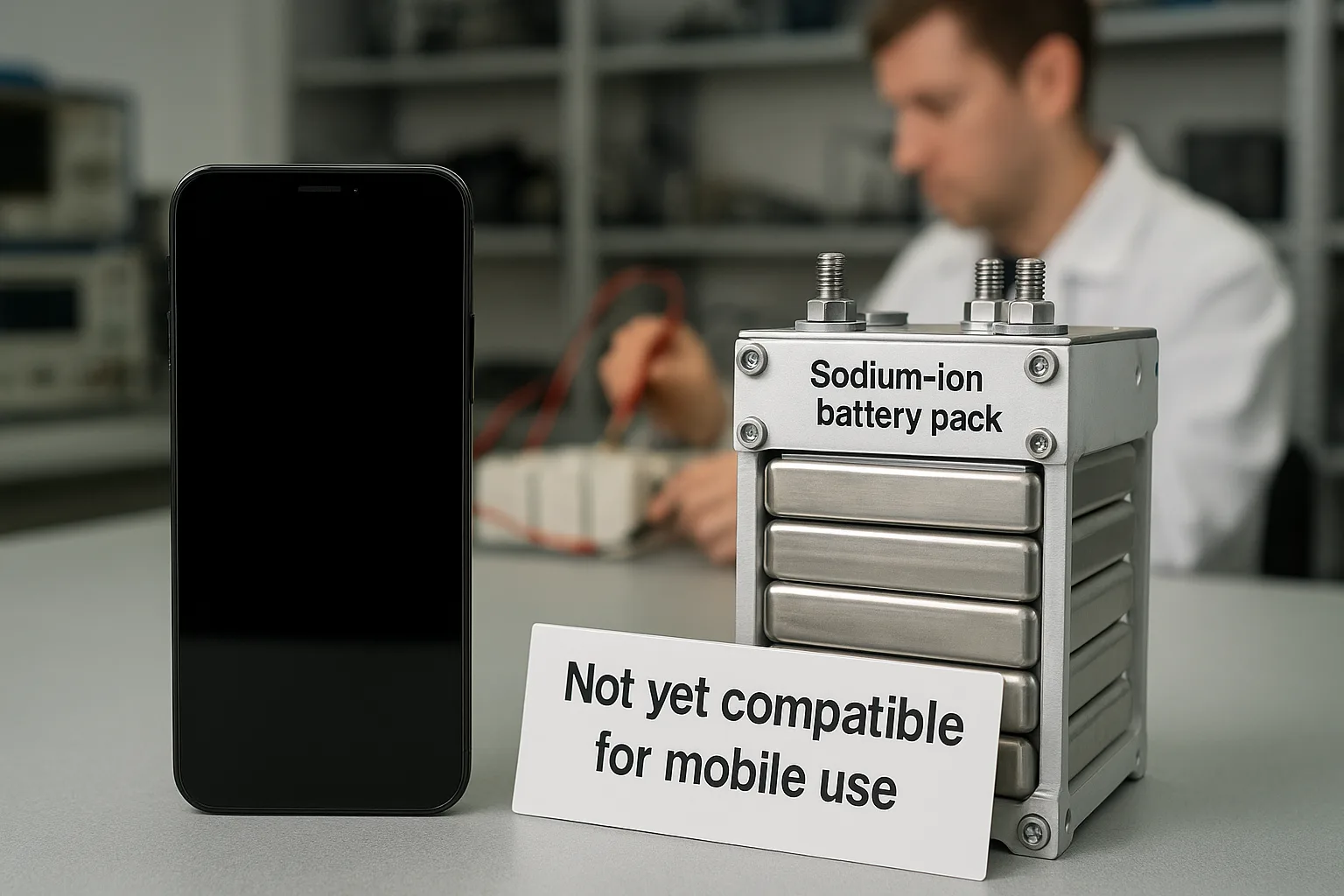
Wondering if sodium-ion batteries might power your laptop or smartphone in the near future? You’re not alone—many are curious about their practicality for portable devices.
Currently, sodium-ion batteries are not ideal for laptops or smartphones due to their lower energy density compared to lithium-ion. They require more space for the same amount of energy, making them impractical for small electronics.
Having explored various battery technologies, I’ve found sodium-ion better suited for larger applications—let’s take a closer look.
Are Sodium-Ion Batteries1 Available for Residential Energy Storage2?
Considering sodium-ion batteries for your home’s energy storage system?
Yes, sodium-ion batteries are becoming increasingly available for residential energy storage. They offer excellent safety, affordability, and sustainability, making them attractive for home-based renewable energy systems like solar power setups.
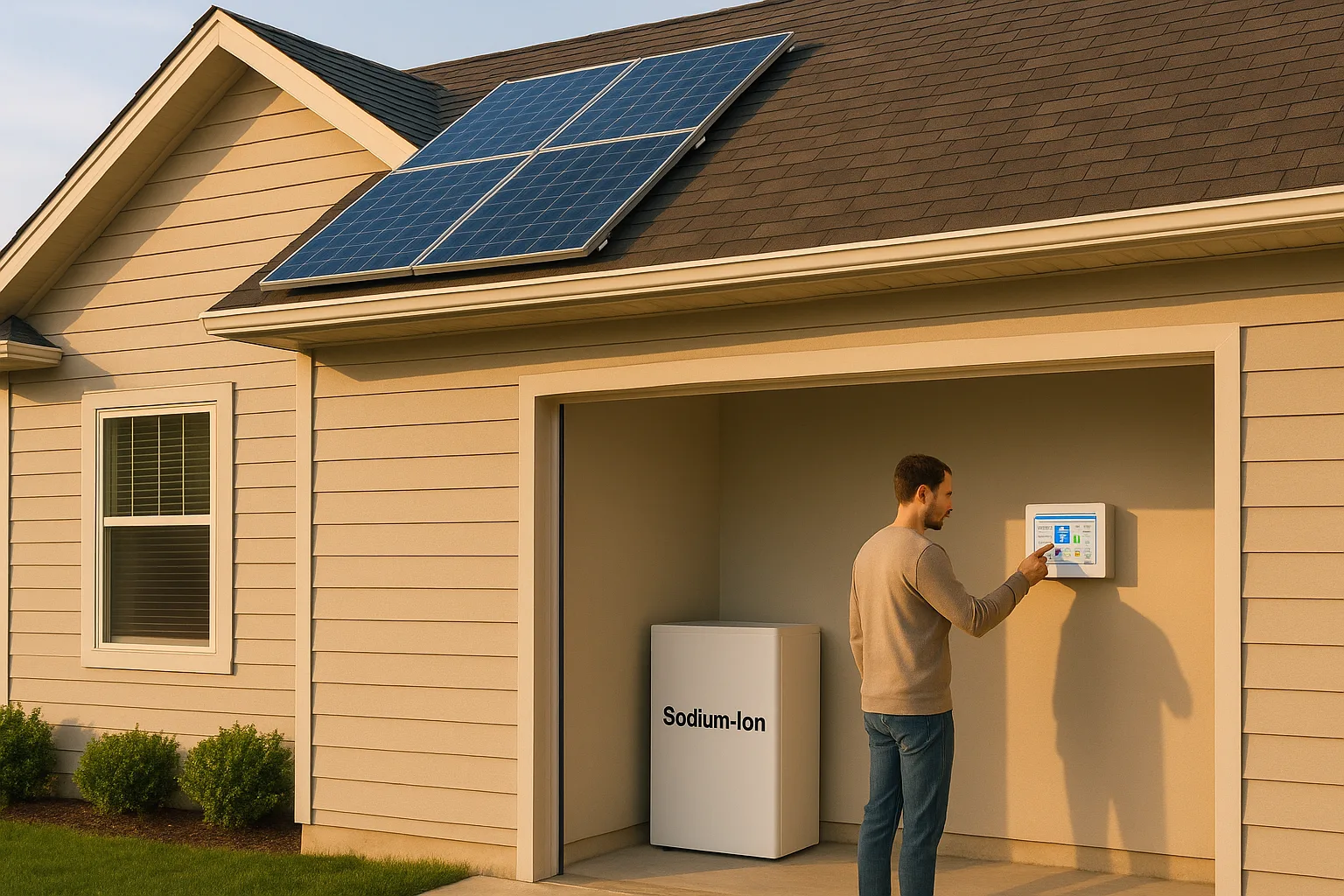
Residential Storage Suitability
Key advantages for residential use include:
- Safety: Reduced fire and explosion risks compared to lithium-ion.
- Cost-Effectiveness3: Lower material costs, improving affordability.
- Environmental Benefits4: More sustainable materials and easier recycling.
| Residential Storage Benefit | Sodium-Ion Advantage |
|---|---|
| Safety | Minimal risk of thermal runaway |
| Cost | Lower overall long-term investment |
| Sustainability | Environmentally friendly materials |
Availability is currently limited but rapidly growing as technology matures.
Do Sodium-Ion Batteries Support Fast Charging5?
Thinking about fast charging capabilities with sodium-ion batteries?
Sodium-ion batteries can support moderately fast charging, typically charging to 80% capacity within 30 minutes to one hour. However, their current charging speed generally remains slightly slower than advanced lithium-ion technologies.
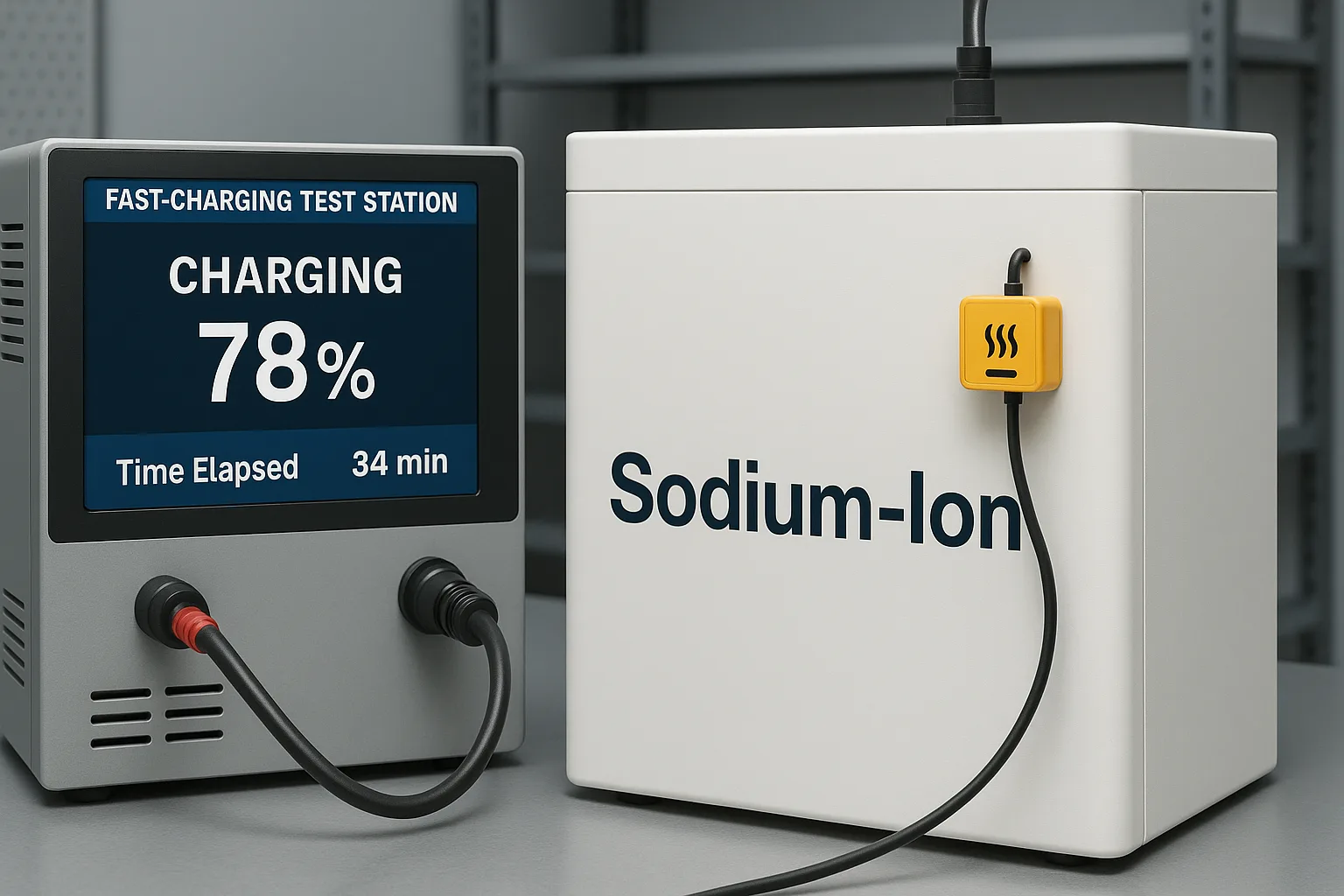
Fast Charging Considerations
Here’s how sodium-ion compares in charging speed:
- Moderate Fast Charging: Typically around 0.5C–1C rates (30–60 minutes to 80% charge).
- Thermal Management: Generates less heat, reducing cooling demands.
- Potential Improvements: Research efforts underway to enhance fast-charging capabilities further.
| Charging Speed | Typical Charge Time (to 80%) |
|---|---|
| Sodium-ion | ~30–60 minutes |
| Lithium-ion | 15–45 minutes |
Although not the fastest, sodium-ion offers a practical balance between speed, safety, and longevity.
Are Sodium-Ion Batteries Used in Motorcycles or Small EVs?
Curious if sodium-ion batteries are practical for motorcycles or small electric vehicles?
Yes, sodium-ion batteries are increasingly considered viable for motorcycles and small electric vehicles, especially where lower costs, moderate range, and high safety are prioritized over maximum performance and extended range.
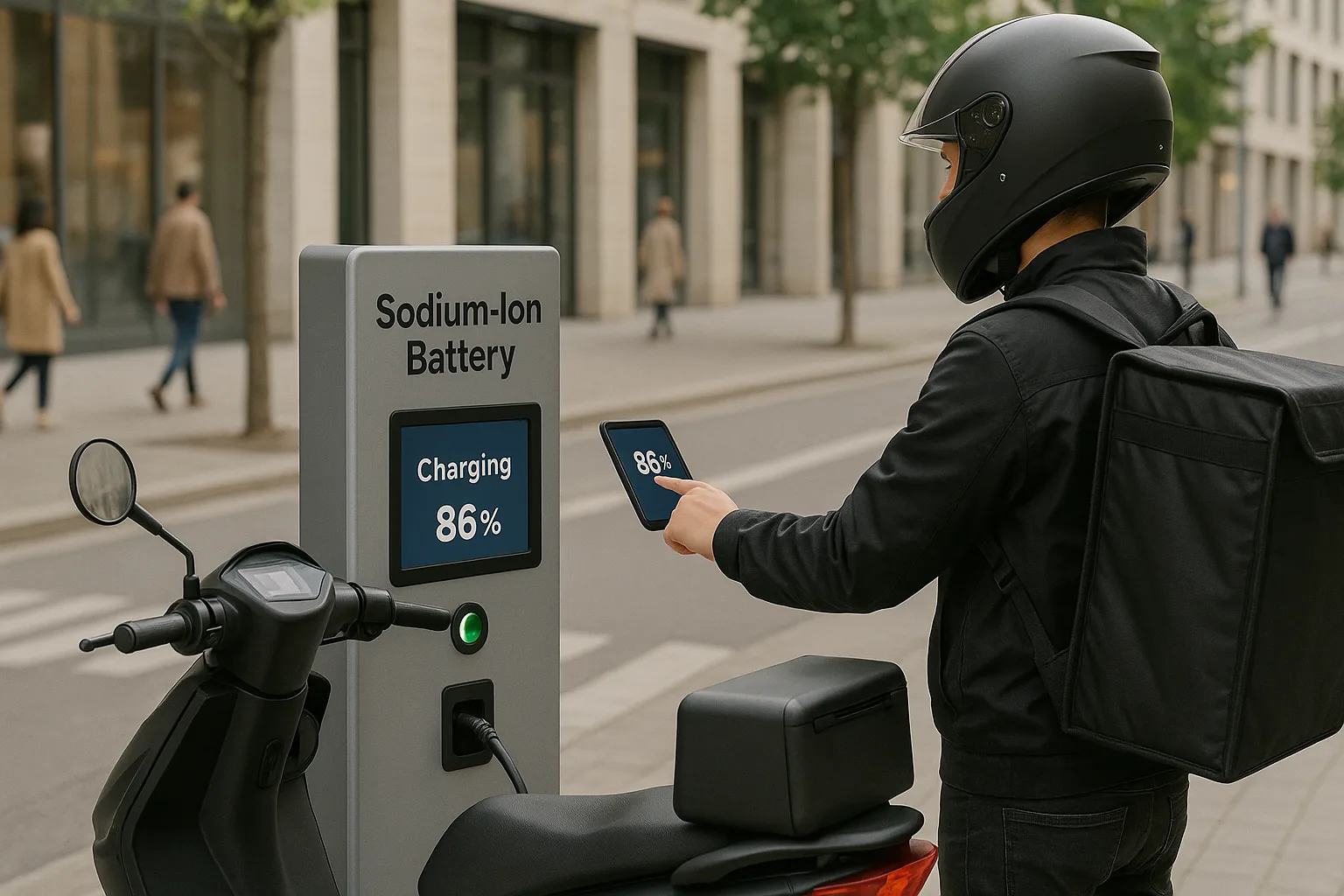
Application in Small EVs
Benefits of sodium-ion for small EV applications include:
- Cost-Effective: Lower cost allows competitive pricing for entry-level EVs.
- Safety and Stability6: Ideal for urban transport where safety matters significantly.
- Moderate Range: Adequate for city commuting and short-distance travel.
| Vehicle Type | Suitability | Reason |
|---|---|---|
| Electric Motorcycles7 | Highly suitable | Good range and cost balance |
| Urban EVs | Suitable | Safe, affordable urban mobility |
Growing interest and pilot programs suggest increasing adoption soon.
Can You Buy Sodium-Ion Batteries on AliExpress or Similar Platforms?
Wondering about online availability of sodium-ion batteries?
Sodium-ion batteries are currently rarely available on mainstream platforms like AliExpress. Due to early-stage commercialization, these batteries are primarily available through specialized suppliers, industry manufacturers, or direct business-to-business channels.
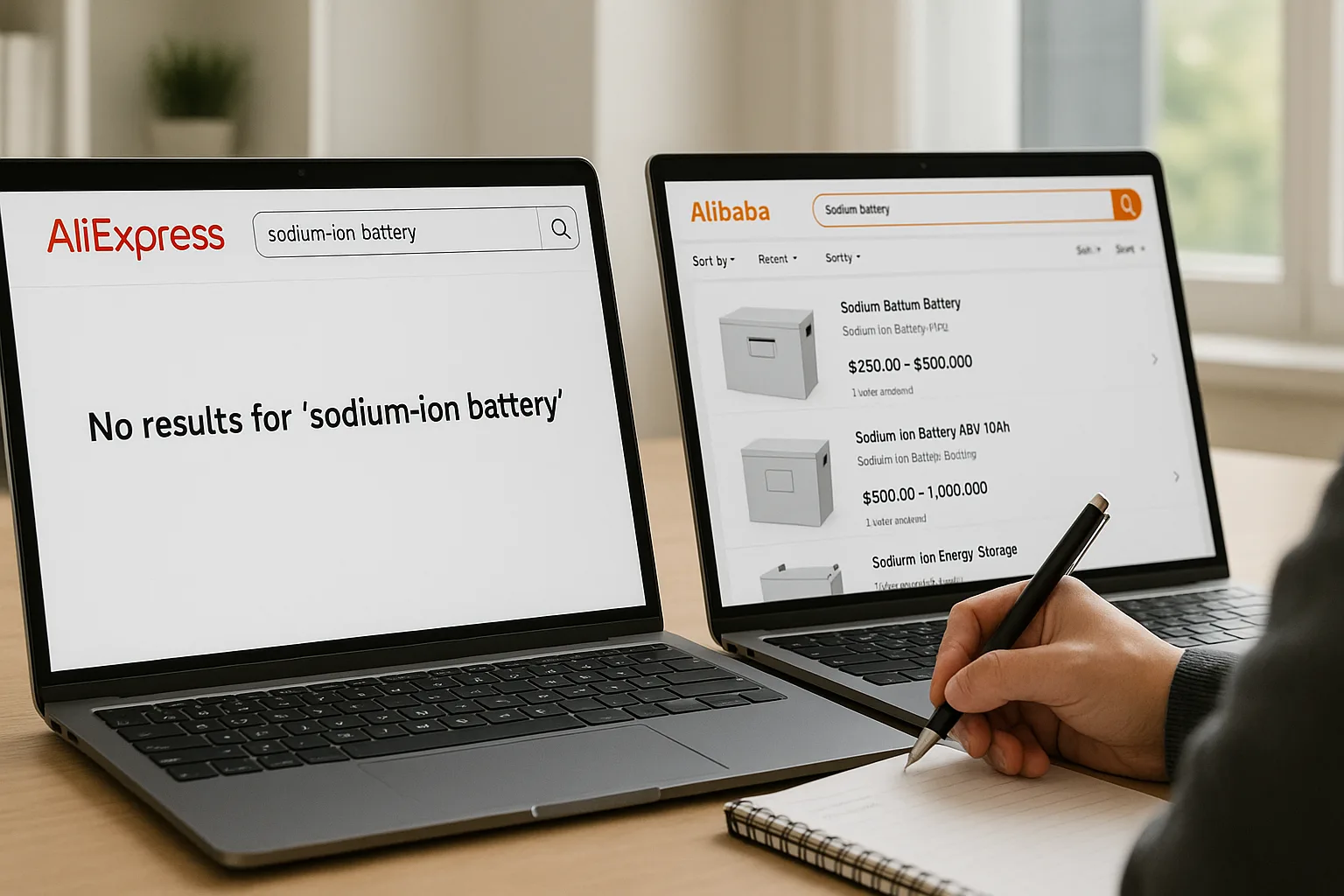
Current Online Availability8
Here’s the current situation:
- Limited Retail Availability: Mostly offered via specialized distributors or manufacturers directly.
- B2B Channels Dominant: Primarily targeting commercial and industrial customers, not yet widespread for consumer purchases.
| Platform | Availability (2024–2025) |
|---|---|
| AliExpress | Limited/rare |
| Alibaba | Emerging availability |
| Specialized Distributors | Available |
Expect broader availability in the next 2–3 years as production scales up.
Conclusion
While sodium-ion batteries currently excel in stationary and small EV applications due to safety, cost, and sustainability, they’re not yet practical for compact devices like laptops or smartphones. Continued innovation will likely expand their reach significantly in the future.
-
Explore the advantages of sodium-ion batteries for home energy storage, including safety and cost-effectiveness. ↩
-
Learn how sodium-ion batteries can enhance residential energy storage systems and their benefits. ↩
-
Discover why sodium-ion batteries are more affordable and how they can save you money in the long run. ↩
-
Understand the sustainability aspects of sodium-ion batteries and their impact on the environment. ↩
-
Find out about the charging capabilities of sodium-ion batteries and how they compare to lithium-ion technology. ↩
-
Learn about the safety features of sodium-ion batteries and their suitability for urban electric vehicles. ↩
-
Explore the viability of sodium-ion batteries in electric motorcycles and their advantages for urban transport. ↩
-
Get insights on where to find sodium-ion batteries for sale and the current market situation. ↩

